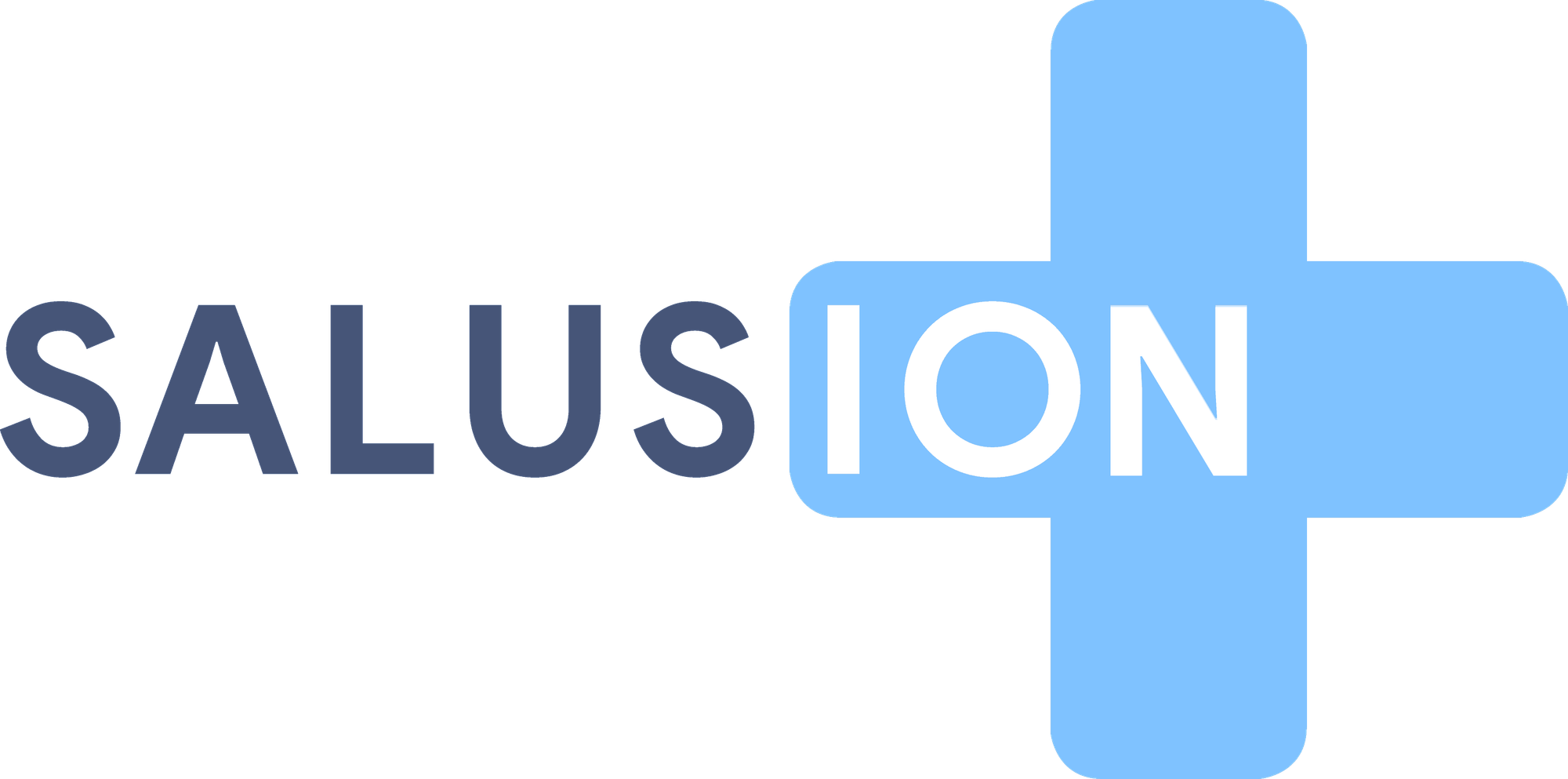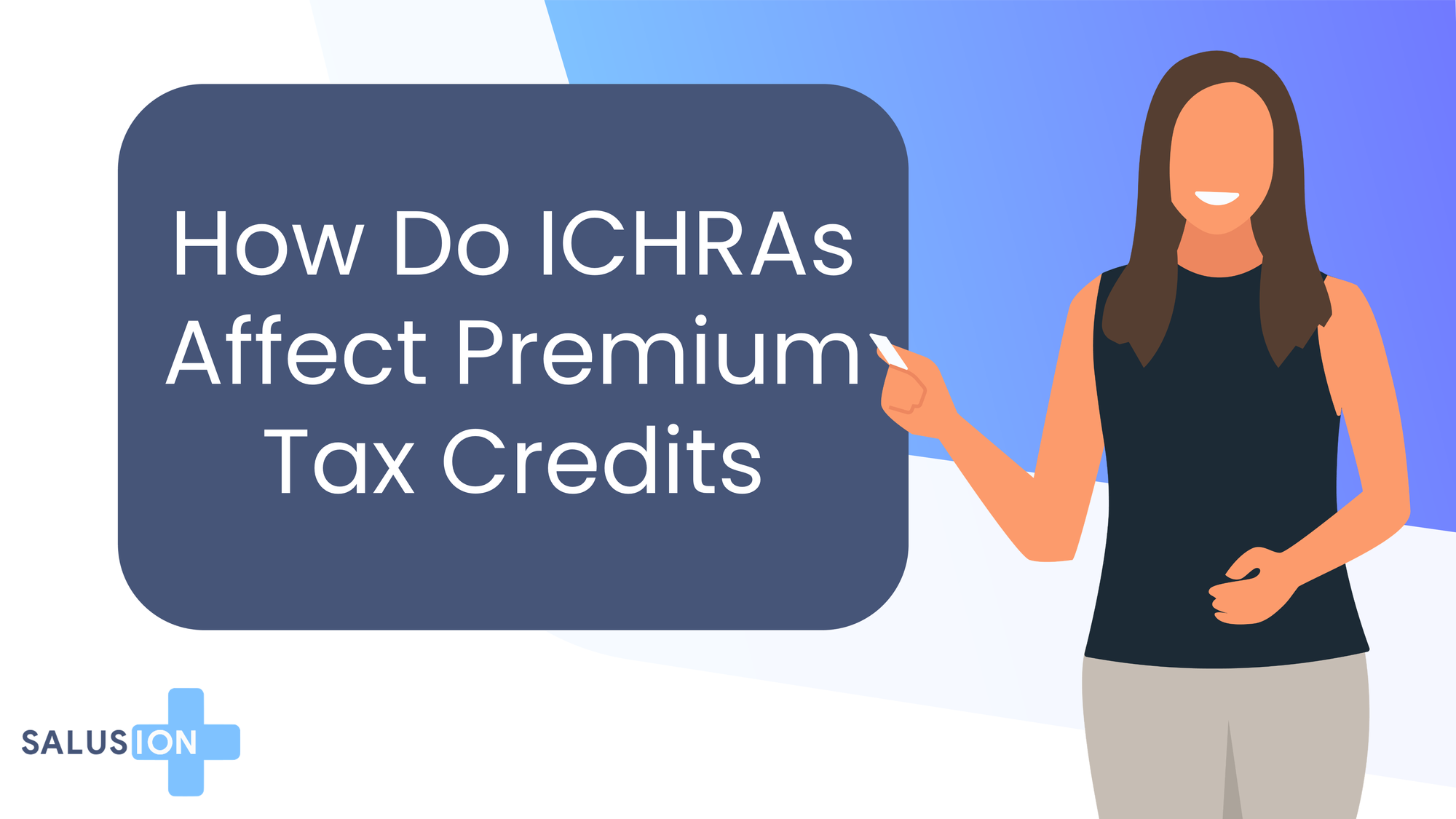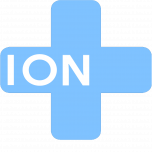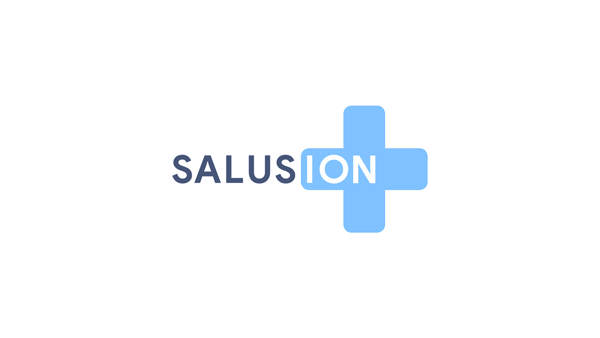An Individual Coverage Employer Health Reimbursement Arrangement (ICHRA) allows small employers to reimburse employees tax-free for medical expenses, including individual health insurance premiums. However, if an employee qualifies for a Premium Tax Credit (PTC) through the Health Insurance Marketplace, the PTC may be affected by the ICHRA benefit.
ICHRA’s Impact on PTCs
An ICHRA is considered affordable if the self-only benefit amount is greater than the difference between:
- The cost of self-only coverage of the Lowest-Cost Silver Plan (LCSP), and
- 9.02% of the employee’s household income (the percentage is determined by IRS affordability guidelines and changes annually).
What Happens If ICHRA Is Affordable?
If the ICHRA is affordable, the employee and any family members covered by the ICHRA are ineligible for Premium Tax Credits (PTCs).
What Happens If ICHRA Is Not Affordable?
If the ICHRA is not affordable, then the employee may opt out of the ICHRA and claim the full PTCs for themselves and any covered family members. If they take the ICHRA, then the employee and any family members covered by the ICHRA are ineligible for PTCs.
Premium Tax Credit (PTC) Overview, Forms, and Calculation
The Premium Tax Credit (PTC) is a subsidy designed to make health insurance more affordable for lower-income individuals and families purchasing coverage through the Health Insurance Marketplace. The PTC ensures that eligible households do not pay more than a certain percentage of their income toward health coverage.
How PTCs are Claimed
Employees can receive PTCs in two ways:
- Advance Premium Tax Credit (APTC): Applied directly to monthly insurance premiums to lower out-of-pocket costs in real-time.
- Year-End PTC Reconciliation: When filing taxes, employees reconcile the total PTC amount. If they received more APTC than they were eligible for, they may have to repay some of it. If they received too little, they can claim the remaining amount as a refund.
Forms Needed to Calculate the PTC
To calculate the Premium Tax Credit, employees should use the following IRS forms:
- Form 8962: Premium Tax Credit: Determines the PTC amount and reconciles any Advance Premium Tax Credit (APTC) received. This form includes sections for adjusting PTC based on a QSEHRA benefit.
- Form 1095-A: Health Insurance Marketplace Statement: Issued by the Marketplace, it includes details about the SLCSP premium and any APTC received, which are necessary to complete Form 8962.
How the PTC is Calculated
The amount of the PTC is determined using the following factors:
- Household Income (MAGI): Compared to the Federal Poverty Level (FPL) to determine eligibility.
- Expected Household Contribution: The portion of income the IRS expects a household to contribute toward health insurance, calculated based on a sliding scale from 0% to 8.5% of household income, depending on where the household falls on the Federal Poverty Level (FPL). The IRS uses an indexed percentage to define this contribution level annually.
- SLCSP Premium: The cost of the Second-Lowest-Cost Silver Plan (SLCSP) in the employee’s area, which serves as the benchmark for determining PTC amounts.
What Employees Should Do
Know whether or not your ICHRA is affordable: Salusion provides the calculator below to help estimate affordability.
If the ICHRA is unaffordable: Salusion gives employees the option to opt-out ICHRA and retain PTCs for their family in the onboarding process.
If the ICHCRA is affordable and your family members are receiving PTCs: Salusion gives you the option to exclude your family from the ICHRA so that they may receive PTCs in the onboarding process.
When Purchasing Insurance: If purchasing insurance on the Marketplace and your ICHRA is affordable or you plan to take the ICHRA, employees must report your ICHRA benefit so that you don’t receive PTCs.
If Already receiving a PTC: Employees receiving APTC payments should update their Marketplace information to reflect their ICHRA benefit. This helps avoid receiving excess APTC, which could result in unexpected tax repayment obligations when filing their tax return.
Conclusion
An ICHRA is a valuable benefit for employees, but it directly impacts Premium Tax Credit eligibility. Understanding affordability rules and how an ICHRA affects PTC calculations ensures that employees make informed financial and healthcare decisions. Properly reporting ICHRA benefits to the Marketplace is essential to avoid unexpected tax liabilities and maximize available financial assistance.
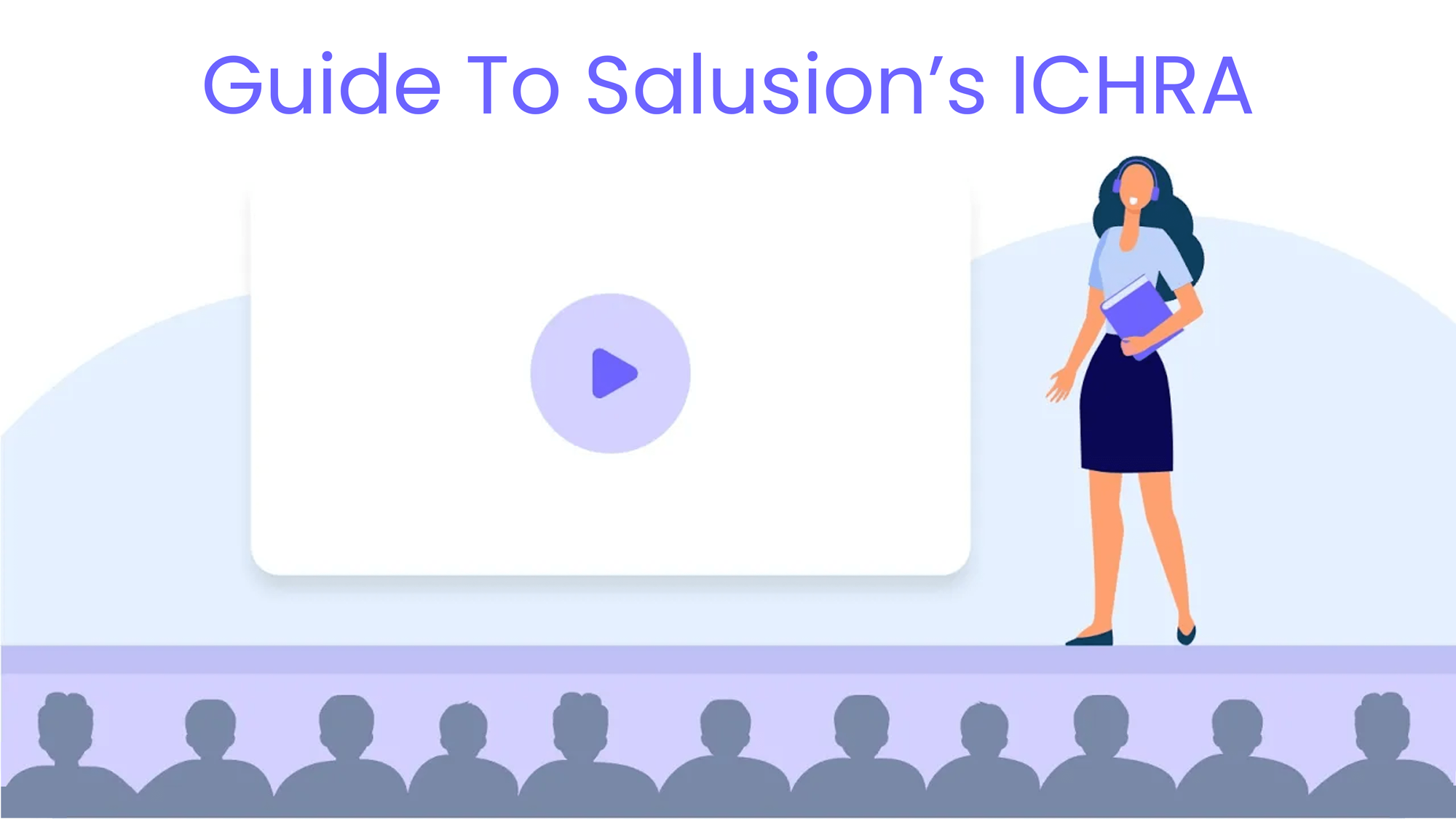
subtopic
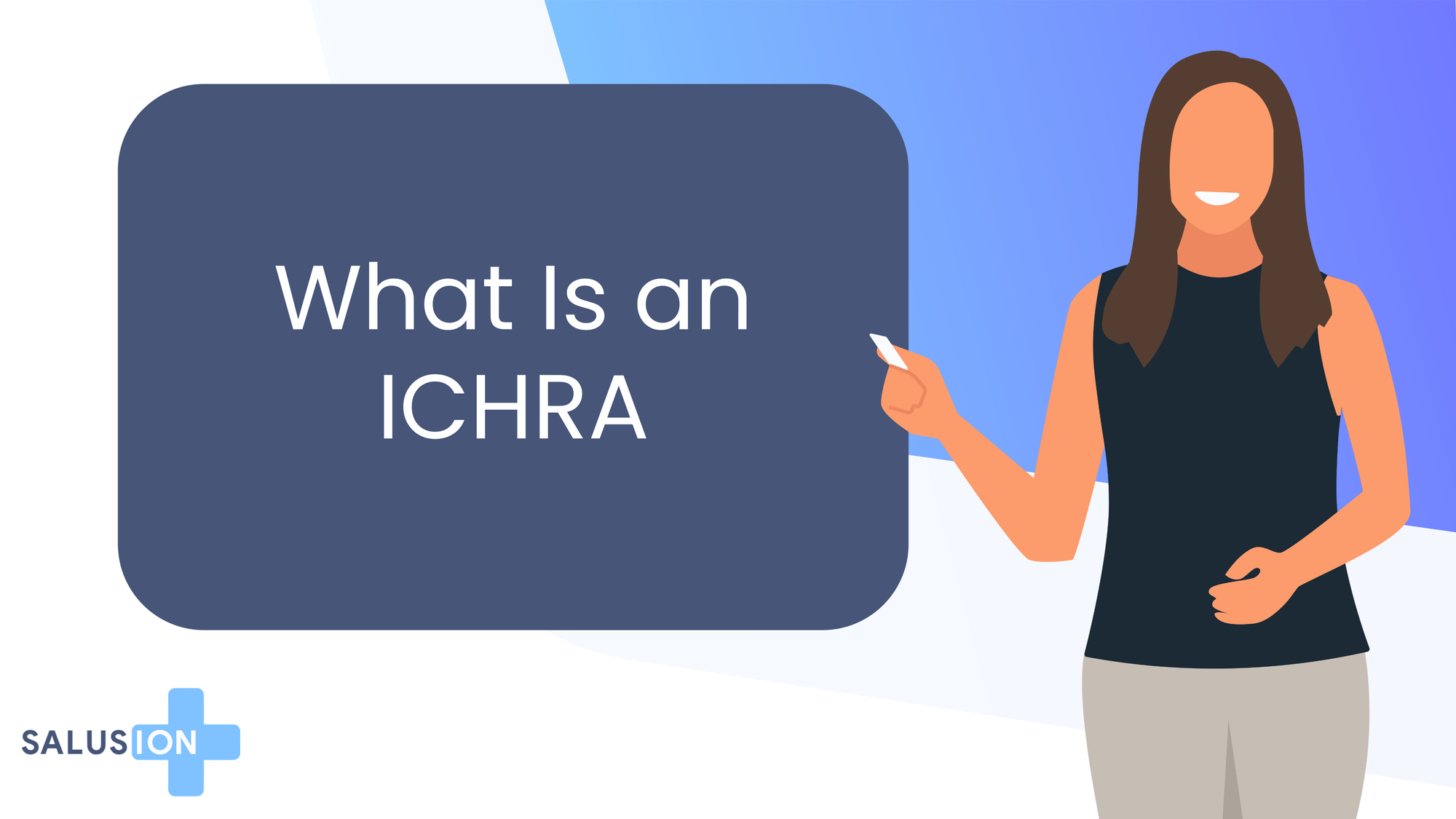
subtopic
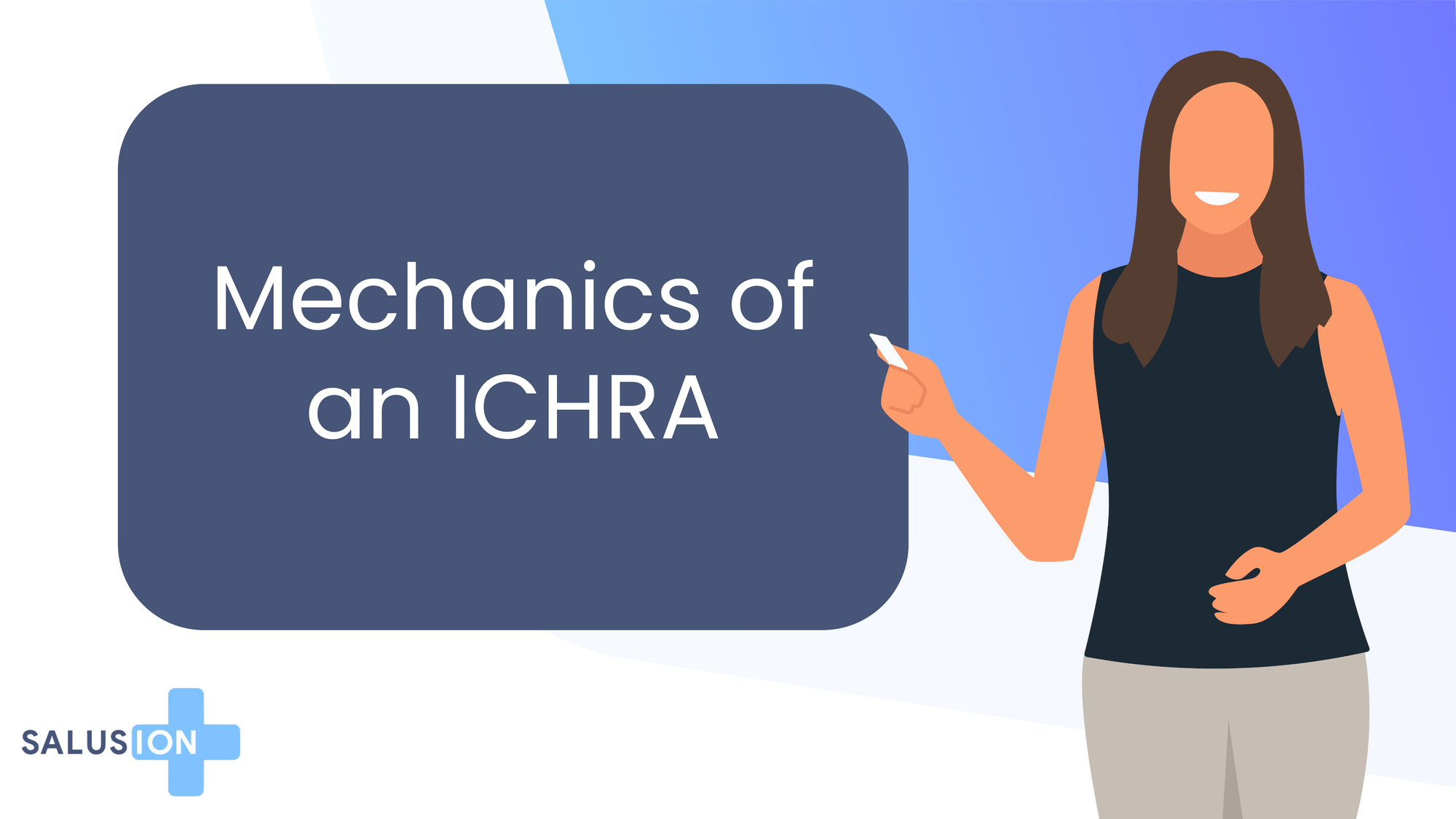
subtopic
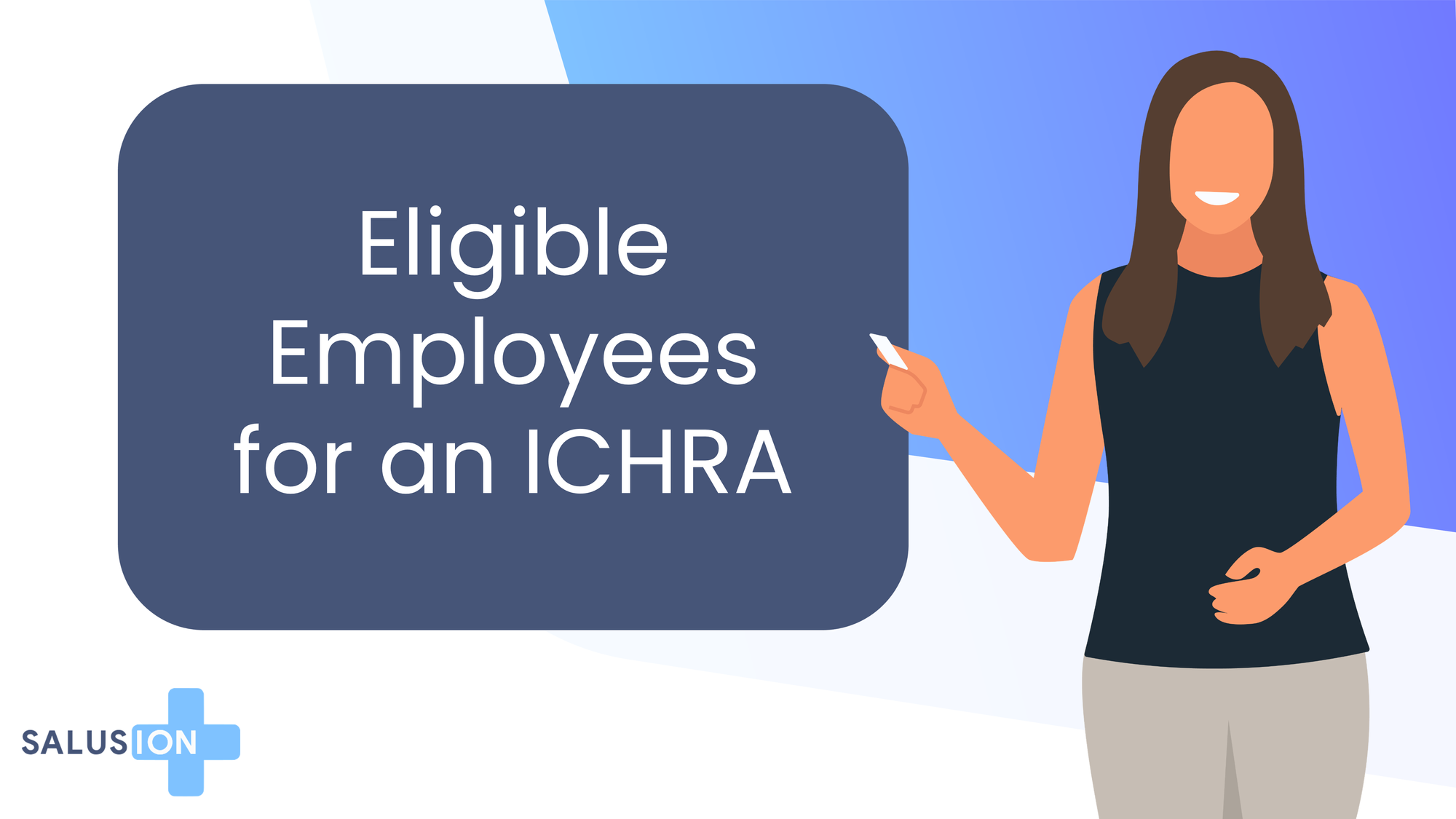
subtopic
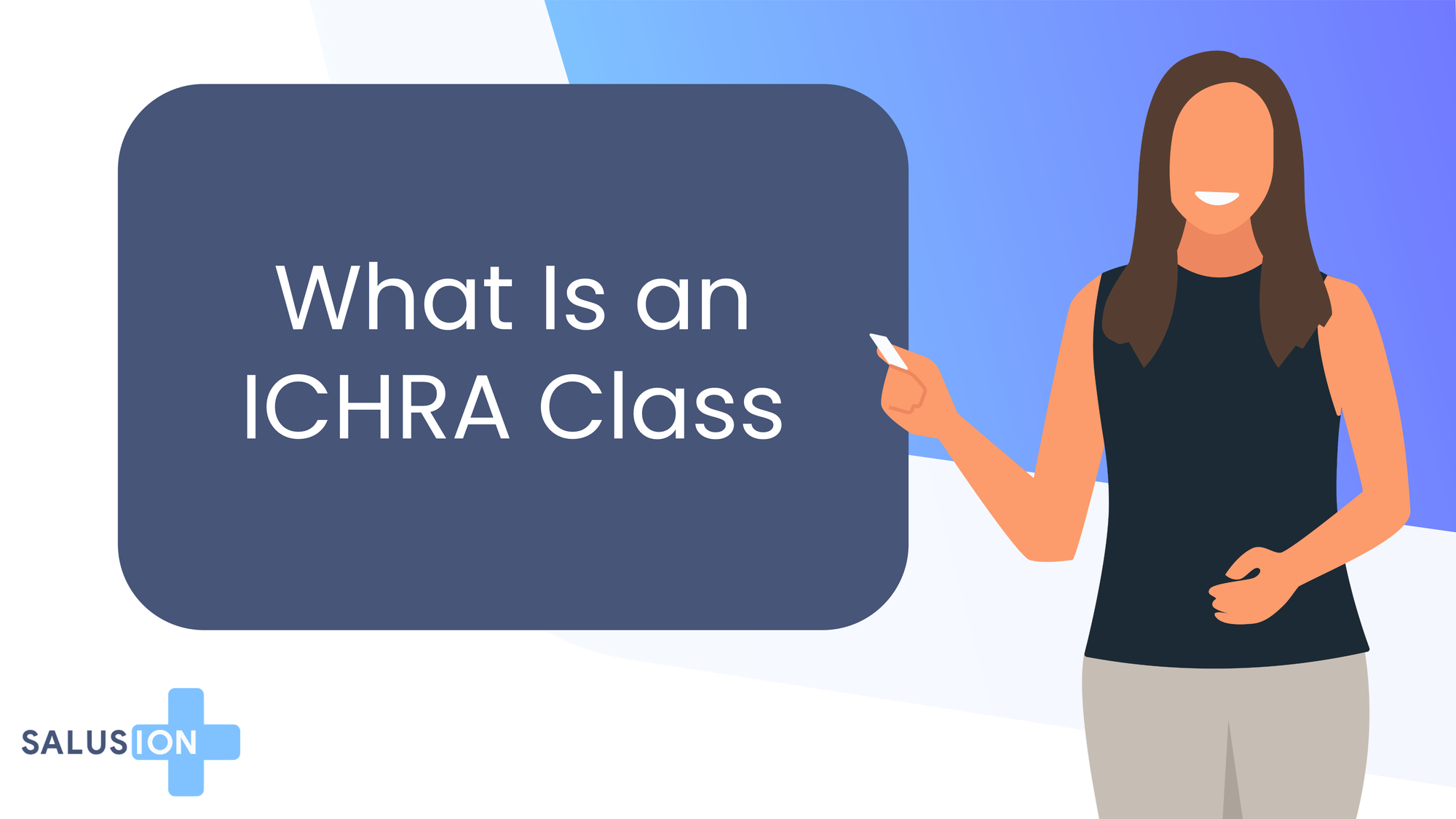
subtopic
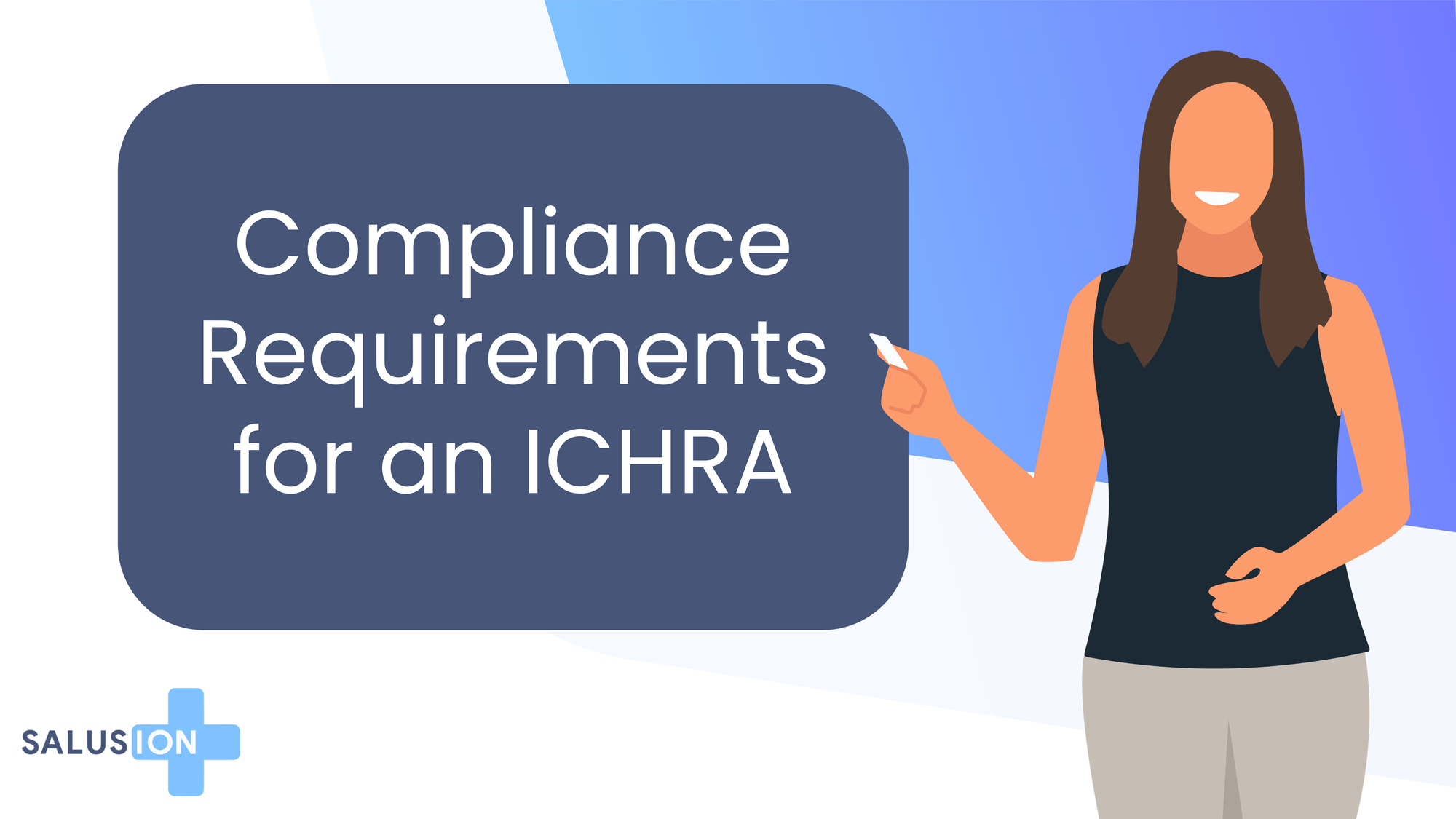
subtopic
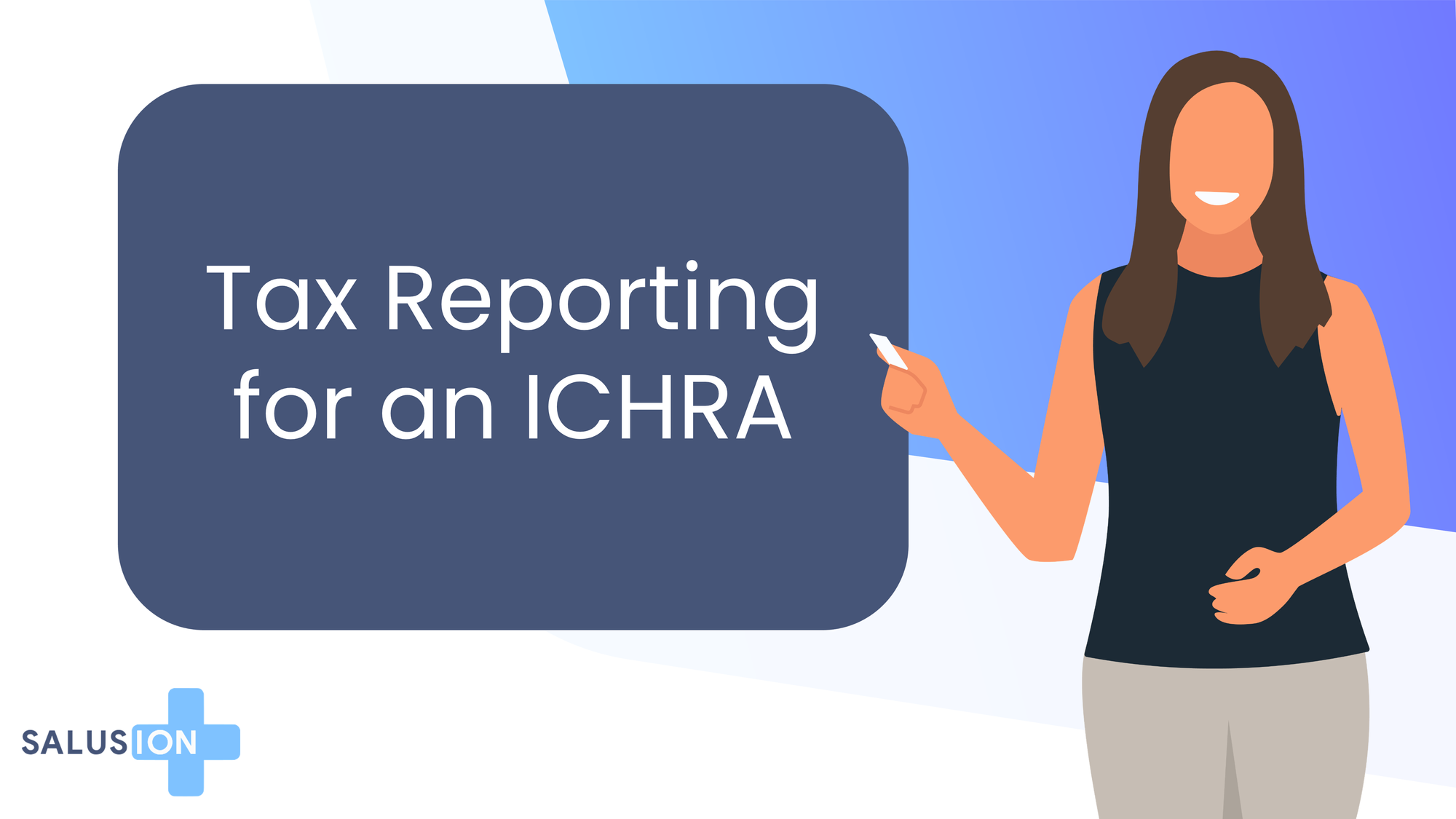
subtopic
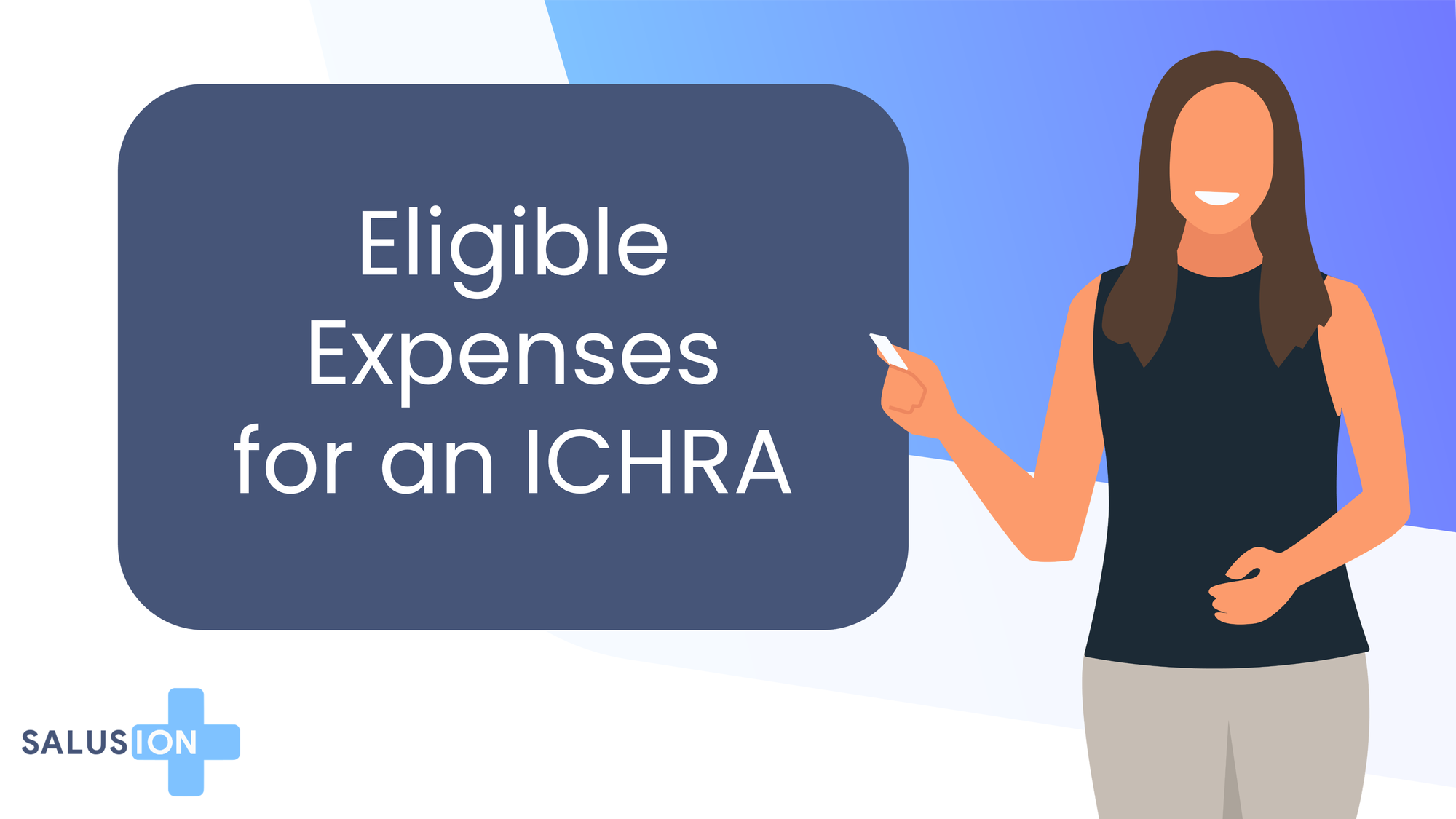
subtopic
